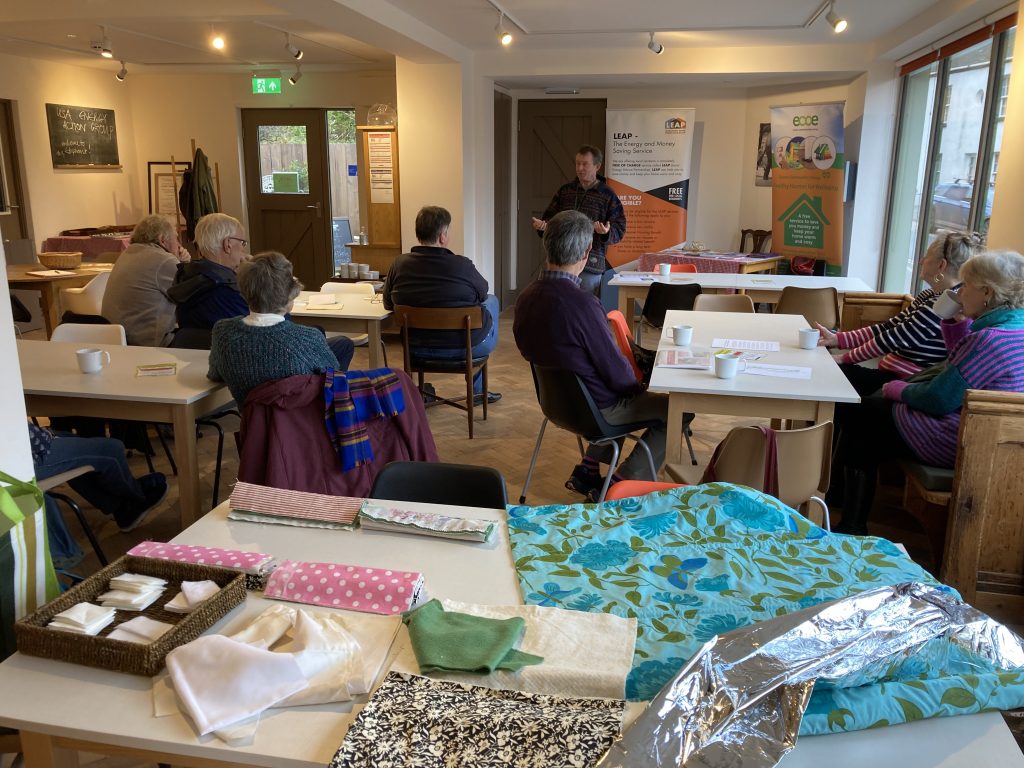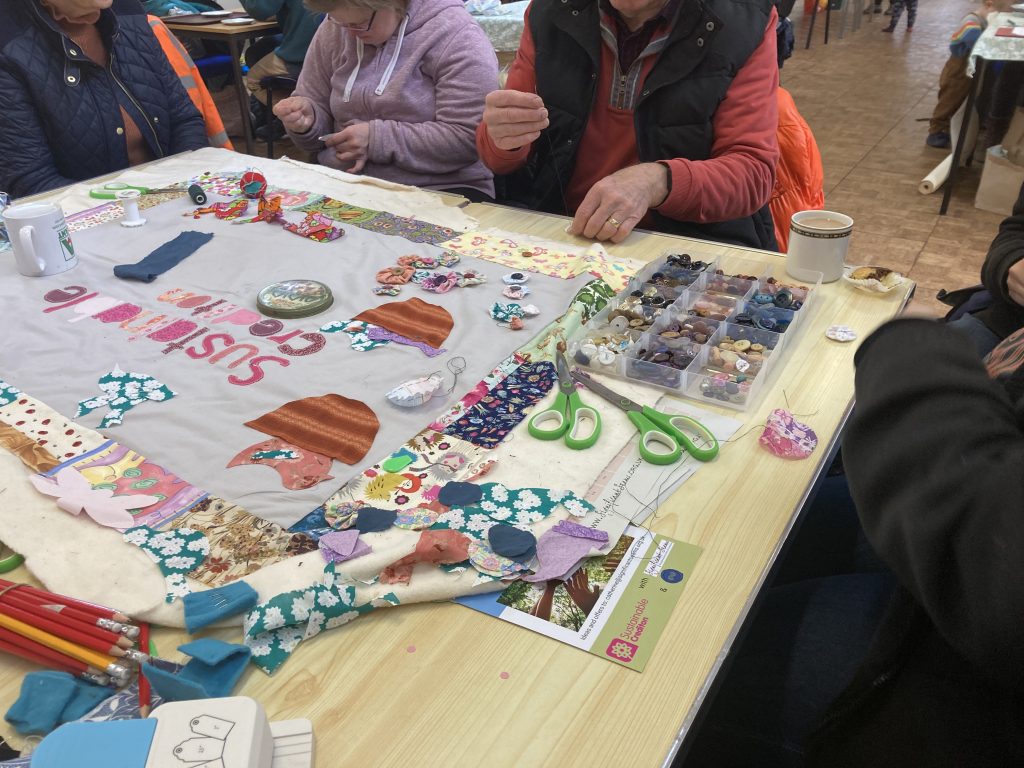
Reflecting, rebalancing, and being regenerative: assessing our prevention and recovery programme in 2023
This year our prevention and recovery programmes have been targeted and intentional. Building on our experiences from the pandemic period, we have reached out to others ‘on the front line” of community support in a variety of ways: often characterised by behind the scenes but direct invitations to our programmes, sometimes with sessions just for frontline workers. We have directly explored links and perspectives on wellbeing and the environmental crisis. We also maintained a reduced programme of online delivery, especially in the winter months, knowing the move to online has brought support to a cross section of people who were missing out before, and has proven transformationally supportive to many. In person, we have worked in North, East, and Mid- Devon, and in Plymouth and Exeter. Our greatest presence has been in and around Crediton.
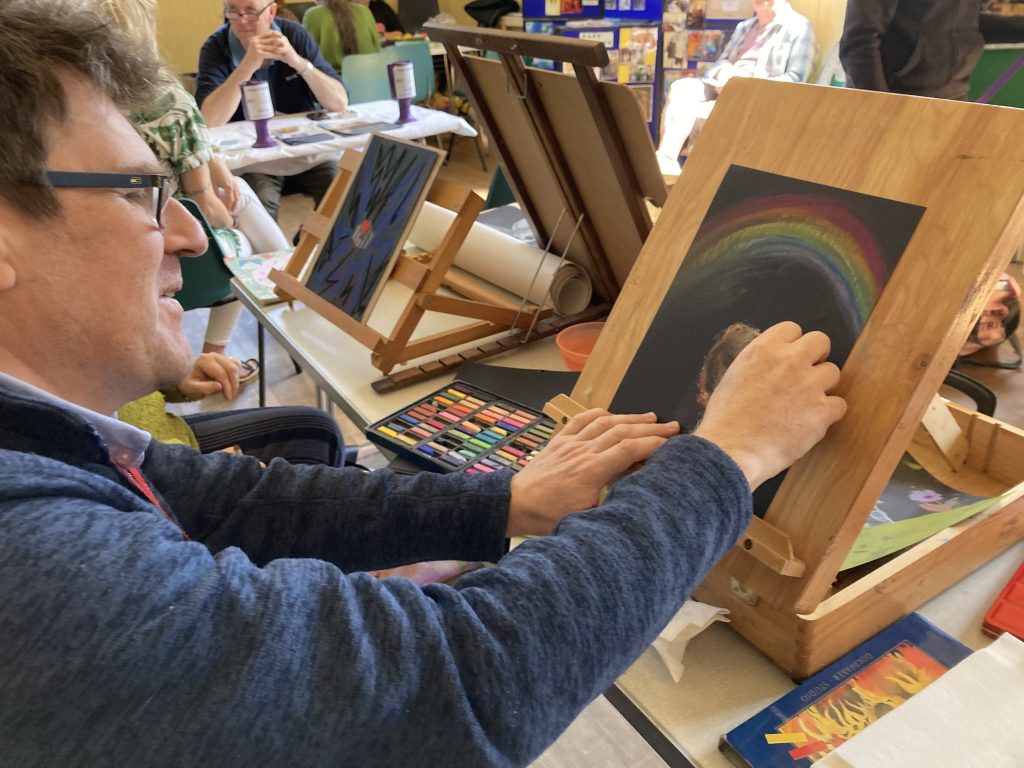
Working strategically has helped focus our reflections and learning. An unexpected, but distinct tension between individuals and ‘systems’ has emerged across the threads of our activities. In our invitations to front-line workers (including pre-funded, so free for them places), we spoke with quite a number of individuals who wanted to participate and ‘got’ the suggestion and potential value of participating – and wanted to – but whose employer wouldn’t allow the time. As the year progressed we also spoke with more managerial level workers, whose views varied from ‘kind but unable to justify the time’ to blatantly skeptical of the point, especially when faced with waiting lists and targets. It was common for these workers to articulate doubt that their colleagues would be interested in attending. At times they were directly disparaging of the role of creativity and art-making in wellbeing, despite the very mainstream abundance of evidence.
We observed too that the issues seem exacerbated by an increasing move to people in part-time front-line roles, because the work has proved too emotionally draining on a full time basis. To us this seems a structural lack of acceptance of ‘workers’ as humans who require replenishment – which arguably comes from creativity and reflective practice. We ‘oil’ machines with lubricants extracted from the bowels of the earth, but resist a responsibility to refuel our human colleagues.
Our perspective is undoubtedly affected by our intentional work this year implementing our decarbonisation policy.
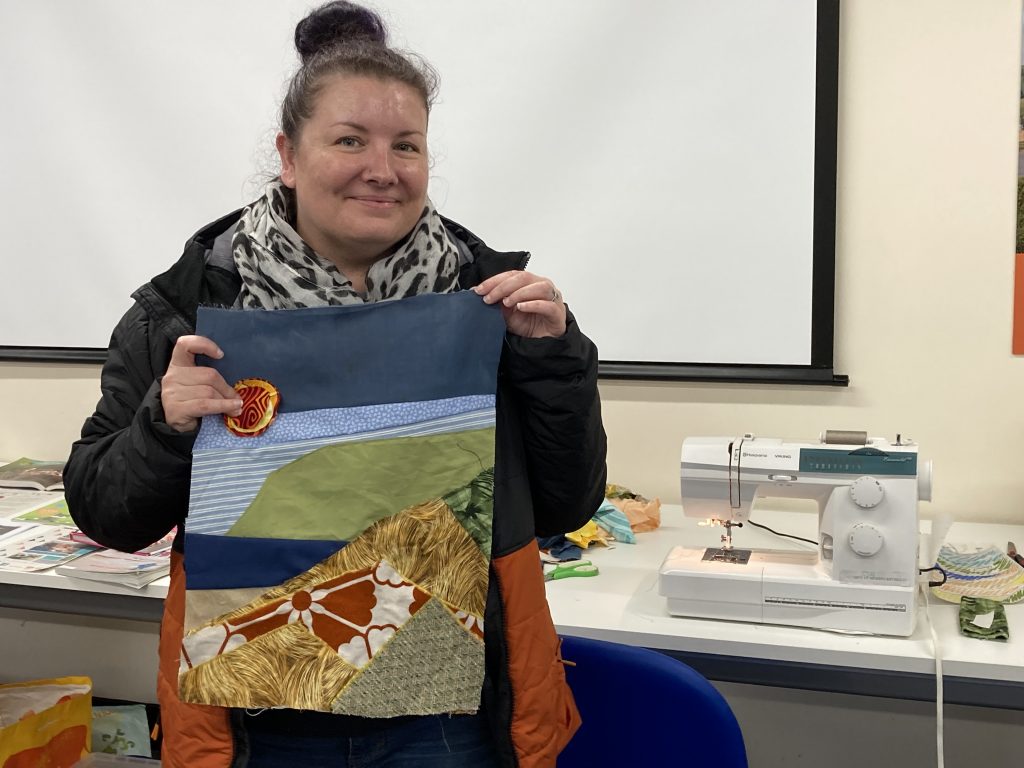
In both delivery and partnership work, we have directly explored links and perspectives on wellbeing and the environmental crisis.
‘Eco-anxiety,’ a now recognised condition where engagement with climate research, news, and concerns brings on a range of intense emotional experiences, from angst to despair, is just one dimension of this.
In environmental and academic communities there is also a view that individual (and collective) well-being is a symptom of systemic problems with prevailing ways of life/living. Climate change (and many problems associated with it: food waste and famine, textile waste and industrial pollution, ocean micro-plastics, monocropping and flash flooding etc) is another. This perspective resonates with our desire to see creativity and making as a way of life — for wellbeing, resilience, and sustainability. The crux of this perspective is, essentially, we don’t have the formula right in business, investment, and social structures: long term costs are being omitted from evaluation, and these costs are actually very high. And In addition to the environment, they include health and wellbeing.
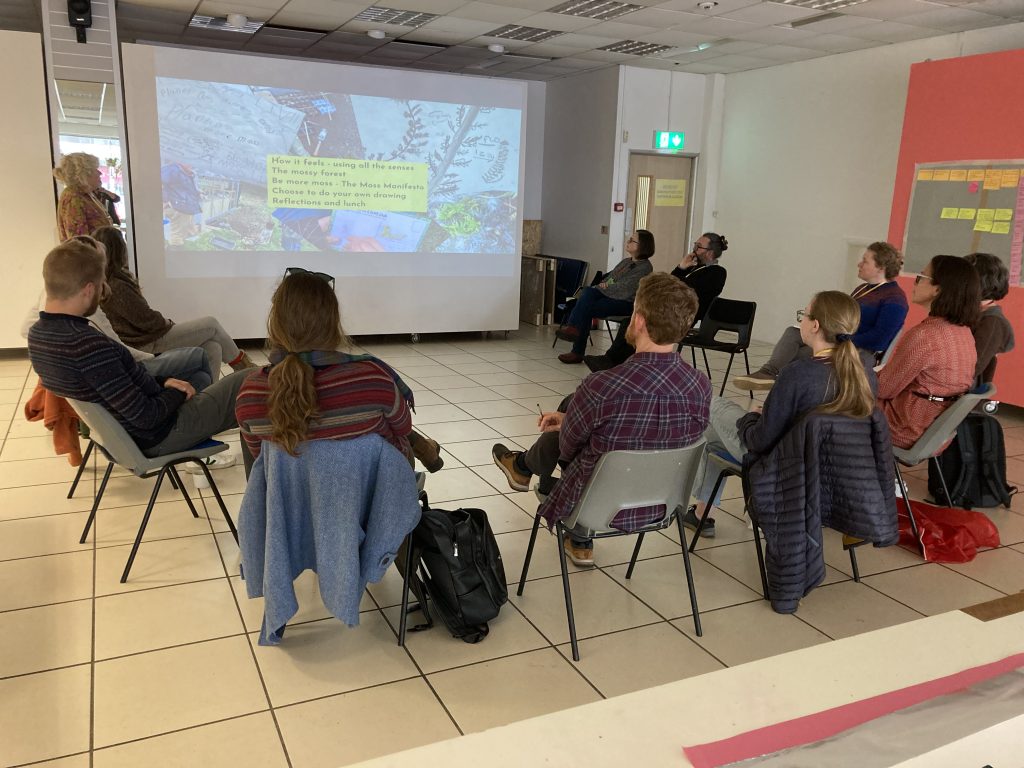
Our artistic associates, Just Sewn Stories and Melinda Schwakhofer, synthesize extensive feedback of participants in the Silent Zoom programme that attests to this. They reflect, “Students grow in confidence through familiarity when attending the course multiple times. Over long-term attendance, they develop the ability to talk and share with others in the group, and encourage and support new students who are joining for the first time. Committing to Silent Zoom in their weekly schedule means students carve regular time, and give themselves permission, for self-care, which is important in recovery (which is an ongoing, life-long commitment to a state of mind and way of being, not just a short-term, quick fix solution to a current situation). Signing up to a course of Silent Zoom sessions means interruptions from family members at home are minimised – the regular, scheduled zoom meetings highlight it to others as being an official/important activity.”
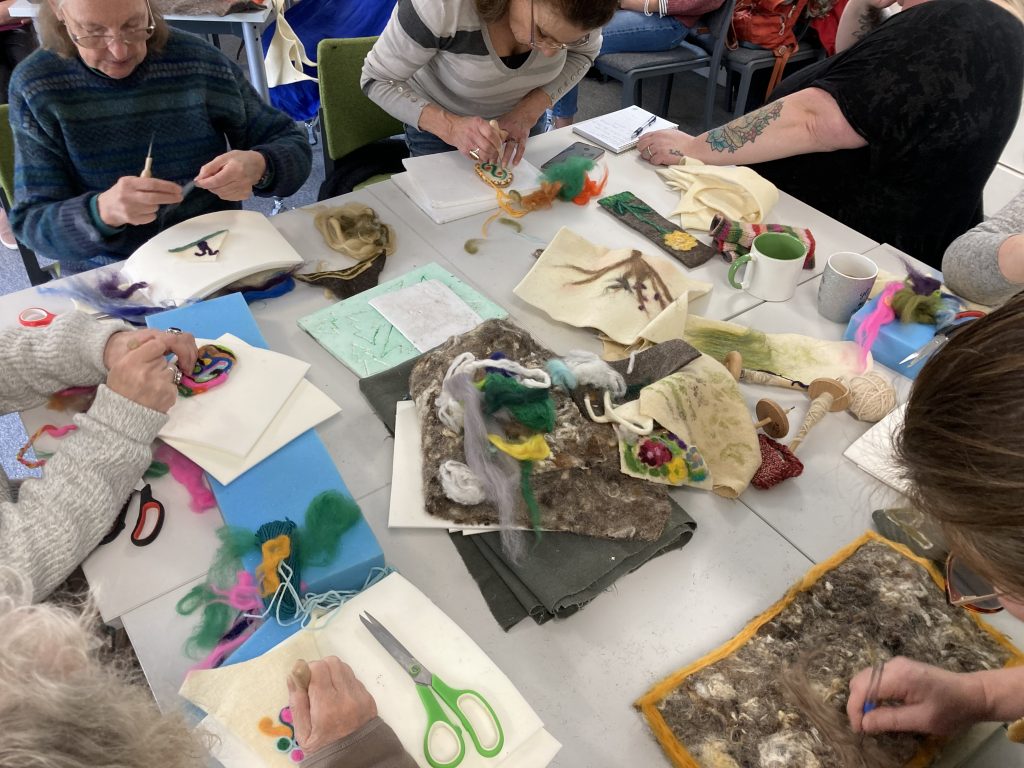
As we look to 2024, we are trying to find a balance and formula that interweaves wellbeing and enviromental impact, creativity and practicality – and also collective benefit, not just individual progress. Our activity has taught us that there is a growing ‘Regenerative’ movement around these ideas: it isn’t quite right to name this as the activity of either organisations or people – something systemically-new seems to be … ‘percolating.’
In practice, for us this includes:
- our #Patchwork textile re-use programme evolving in partnership with Devon Recovery Learning Community, Sustainable Crediton, and emerging partners
- a season-based programme of commercial, bookable workshops at our Apple Studio HQ in mid-Devon
- subject to funding, a programme of mental health drop-in events and resources
- online courses in partnership with Devon Recovery Community
- collaborations with a range of environmentally concerned groups.
